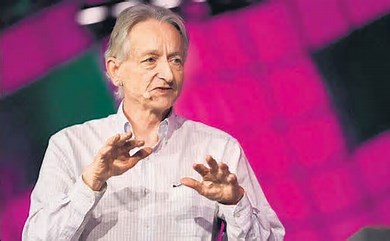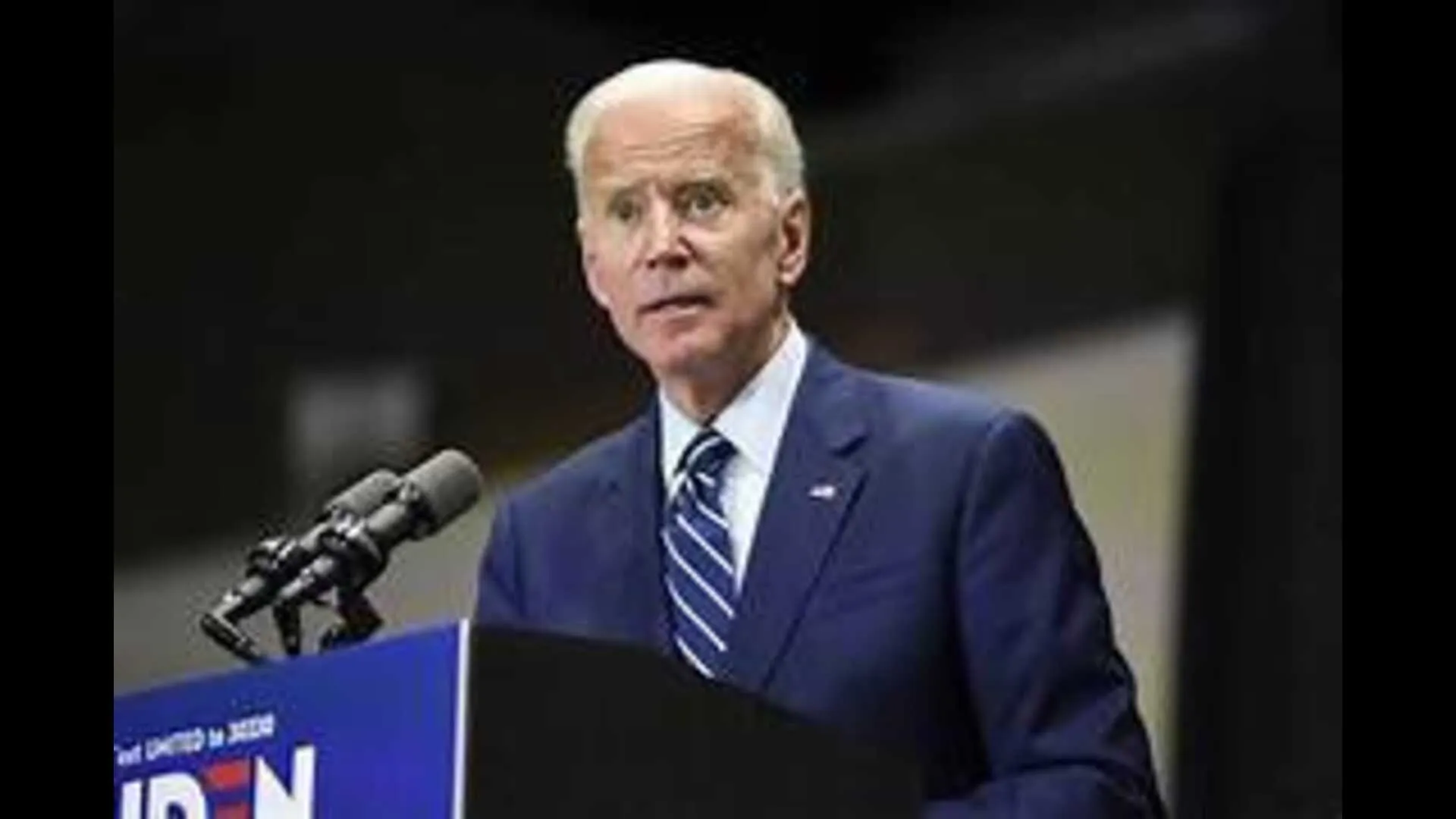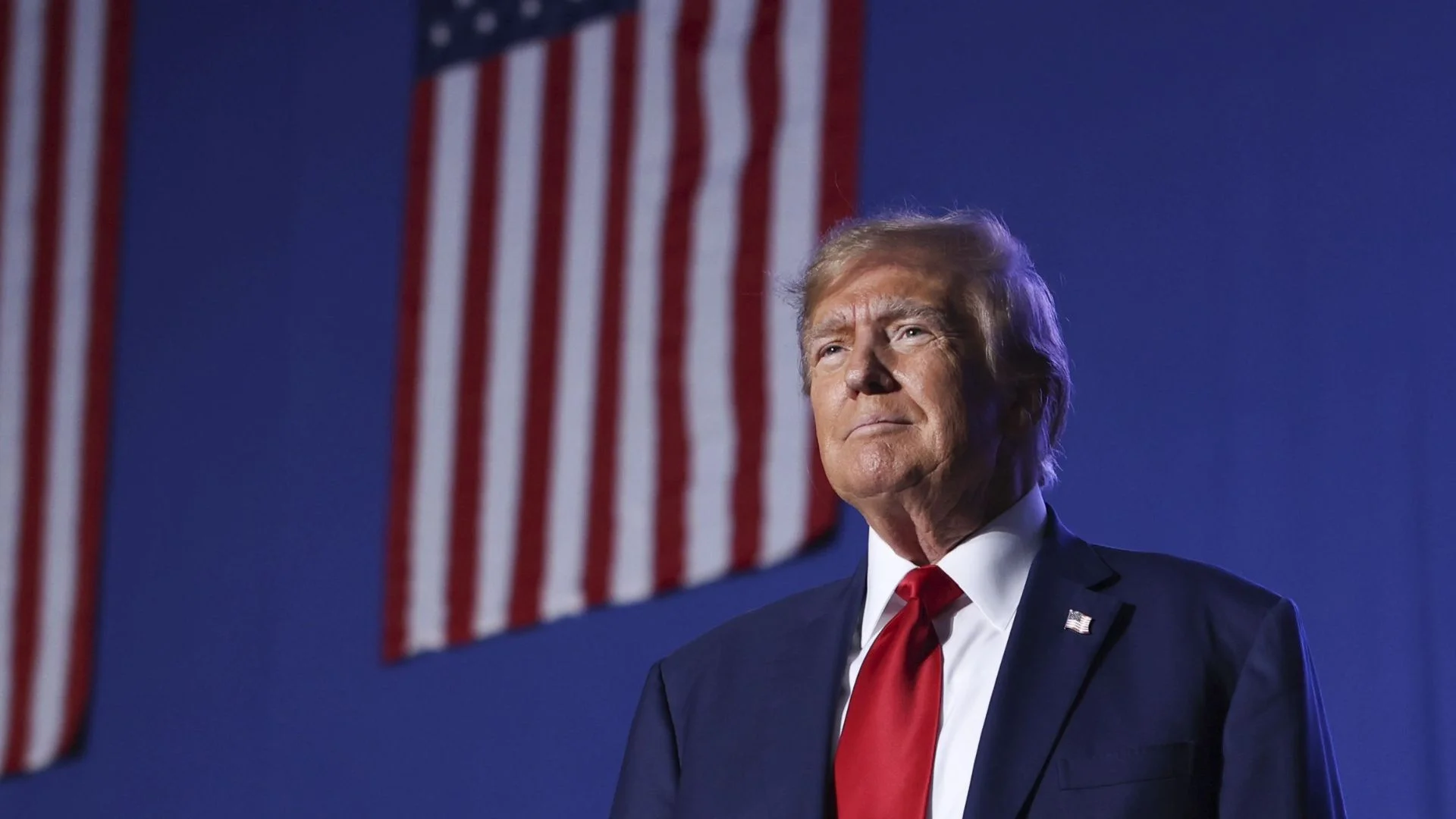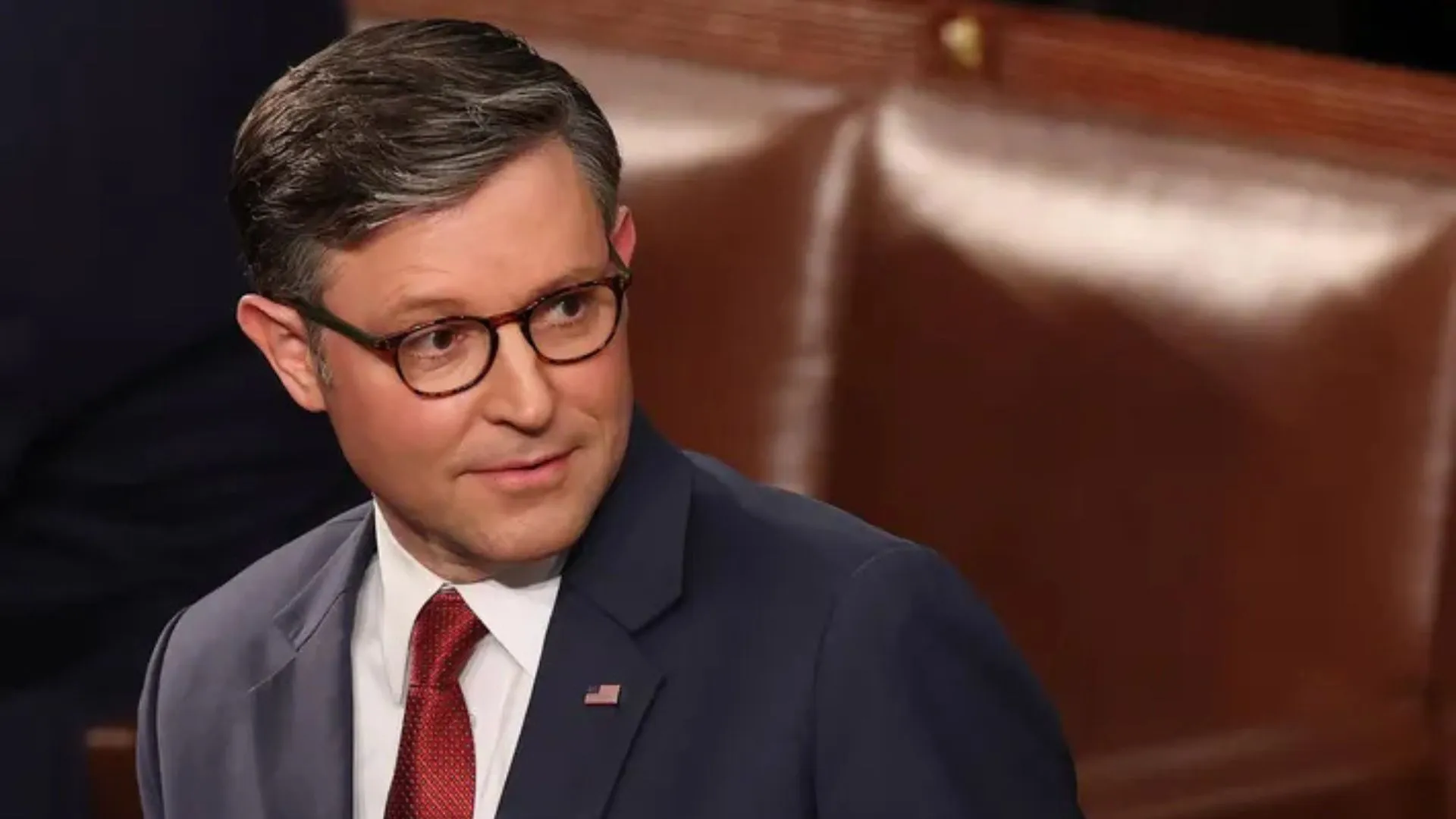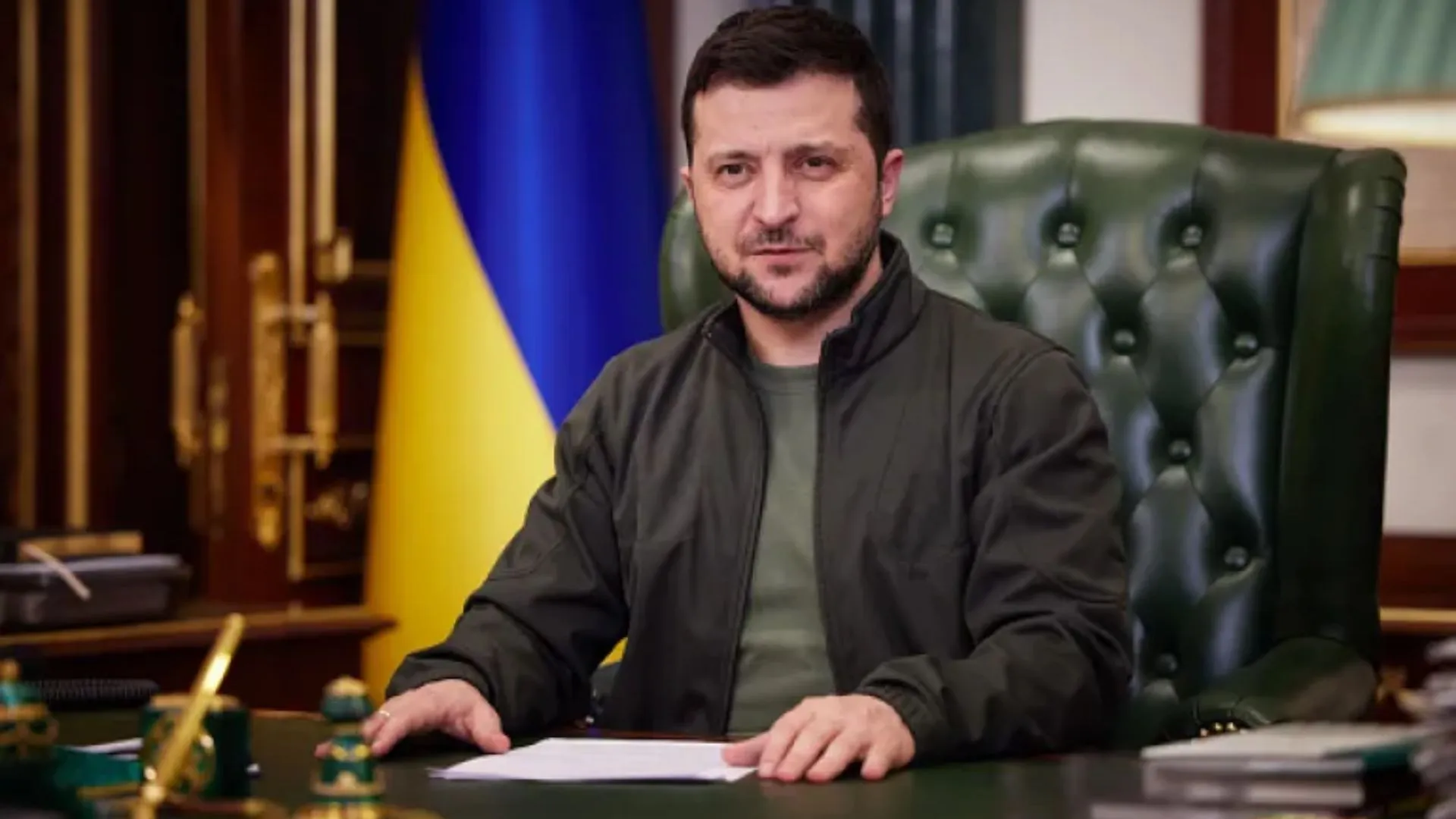The recent decision to award the Nobel Prize to Geoffrey Hinton for his contributions to artificial intelligence (AI) has sparked a significant controversy in the field. While Hinton is widely celebrated for advancing neural networks and popularizing the backpropagation algorithm, critics argue that the Nobel Committee has failed to recognize the foundational contributions of earlier pioneers. The debate brings to light an important question: how does society determine who deserves credit for groundbreaking innovation?
One of the most vocal critics, AI expert Jürgen Schmidhuber, points out that two key figures—Paul Werbos and Shun-Ichi Amari—played pivotal roles in laying the groundwork for modern AI. Werbos’s 1974 PhD thesis introduced the concept of backpropagation years before Hinton’s work, while Amari’s 1972 adaptive learning model significantly influenced the development of neural networks. Despite their monumental contributions, both have largely remained in the shadow of later figures like Hinton, whose work has received widespread recognition and now, the prestigious Nobel Prize.
This controversy raises deeper issues about how innovation is rewarded and remembered. Many believe that awarding the Nobel Prize to Hinton, while deserving, overlooks the collaborative nature of scientific advancement. Early innovators often face obscurity, while later figures enjoy the spotlight, benefitting from technological advancements and the increased visibility of the field.
The AI Nobel controversy not only highlights the complexity of recognizing innovation but also serves as a reminder of the many unsung pioneers whose contributions form the bedrock of today’s technological advancements. The debate continues to spark discussions on fairness in the world of innovation, questioning how credit should be distributed for revolutionary discoveries.

